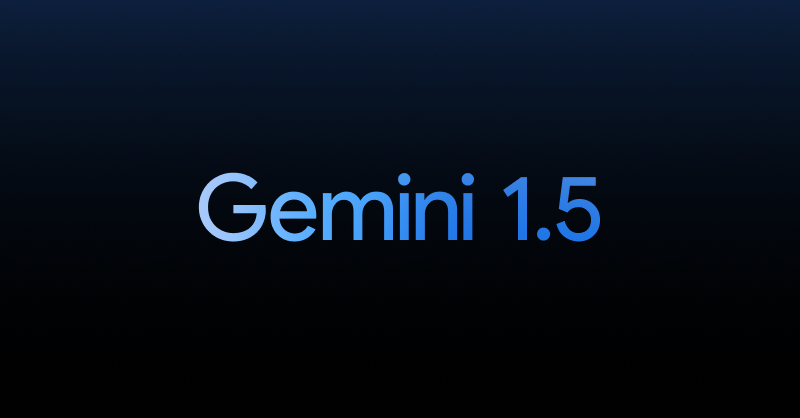Introducing Gemini 1.5 By Demis Hassabis, CEO of Google DeepMind, on behalf of the Gemini team This is an exciting time for AI. New advances in the field have the potential to make AI more helpful for billions of people over the coming years. Since introducing Gemini 1.0, we’ve been testing, refining and enhancing its capabilities. Today, we’re announcing our next-generation model: Gemini 1.5. Gemini 1.5 delivers dramatically enhanced performance. It represents a step change in our approach,… Source link
Read More »